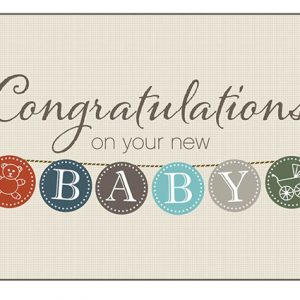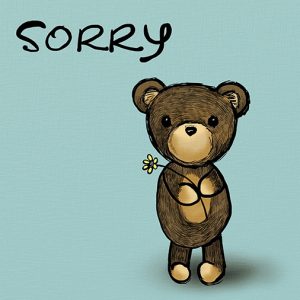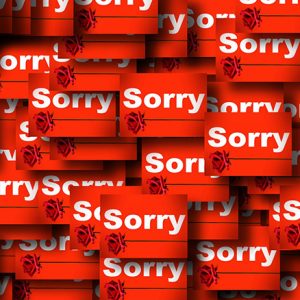Food for Thought
Why Experiential Rewards Matter More Than Monetary Rewards
Upon receiving a reward for a job well done, people tend to consider in retrospect whether the reward was worth the effort they poured into what they achieved. In doing so, they compare the value of the actual reward and the effort that earned it. How do employees do this?
According to Dr. Scott Jeffrey in the study “The Benefits of Tangible Non-Monetary Incentives Study”, which was sponsored by the SITE Foundation, people do this by:
– Measuring the reward
– Then measuring the effort
The value of the reward is measured in terms of:
– Evaluability – Recipients evaluate non-monetary rewards based on effective reactions, so the perceived value of the reward increases beyond its actual value. Providing your employees with a gift certificate to a spa treatment, they do not think of the cost of the treatment itself; instead, they think of the feeling of being pampered and the lure of relaxation.
– Separability – Cash incentives are easy to measure and account for. Once people start breaking down the total cash amount they received and once the cash is gone after paying bills and buying necessities, they realise the true value of the reward – which is practically nothing. While cash incentives sound great at face value, once people start measuring, it is only a matter of time before cash loses its value.
The effort it took to earn the reward is measured in terms of:
– Justifiability – Some employers give employees cash to let them decide how they will reward themselves. Unfortunately, given their more pressing needs, employees usually do not buy themselves rewards because they’d have to justify doing so. When they do so, they can even feel guilty about it. Thus, giving employees non-cash incentives that are normally considered as luxuries, they can reward themselves with the experience without the need to justify it.
– Social Reinforcement – Employees also place a premium on acknowledgement and recognition from one’s family, peers, supervisors, and colleagues. This is considered as an important form of reward for them. However, when their efforts are measured based on monetary terms, it is socially more challenging to share it with others, whereas non-cash incentives can be proclaimed and displayed like a trophy.
What this means according to Dr. Jeffrey, is that non-cash incentives are “less likely to be seen as an attempt to control behaviour.” Tangible, non-cash incentives such as experiential rewards feel more like rewards than cash incentives ever can. True enough, Frank Katusak of the SITE Foundation concluded that “tangible incentives increase work performance by an average of 22 percent.”
Questions? Booking enquiries? Call us on
How can you maximise non-cash incentives?
To maximise the benefits of non-cash incentives, the study also suggests rewarding both individual performance as well as team performance. According to the study, incentive programs aimed at individuals showed a 27% increase in performance. However, incentive programs aimed at teams showed a significantly larger 45% increase in performance.
Individual Rewards and Team Rewards from Sydney Mobile Therapies
Our Employee Rewards Program helps your organisation offer individual as well as team-based rewards to your employees. We offer:
– Instant online gift certificates you can offer to your individual staff members such as massages, mobile spa treatments, many more services that your organisation can purchase online and conveniently pay for by credit card.
– Gift certificates or vouchers in bulk , deliverable by e-mail that your organisation can offer to entire teams. You have the option to pay via EFT or credit card.











































































